How Long Do Vinyl Window...
- Mon to Fri: 09:00 am to 07:00 pm
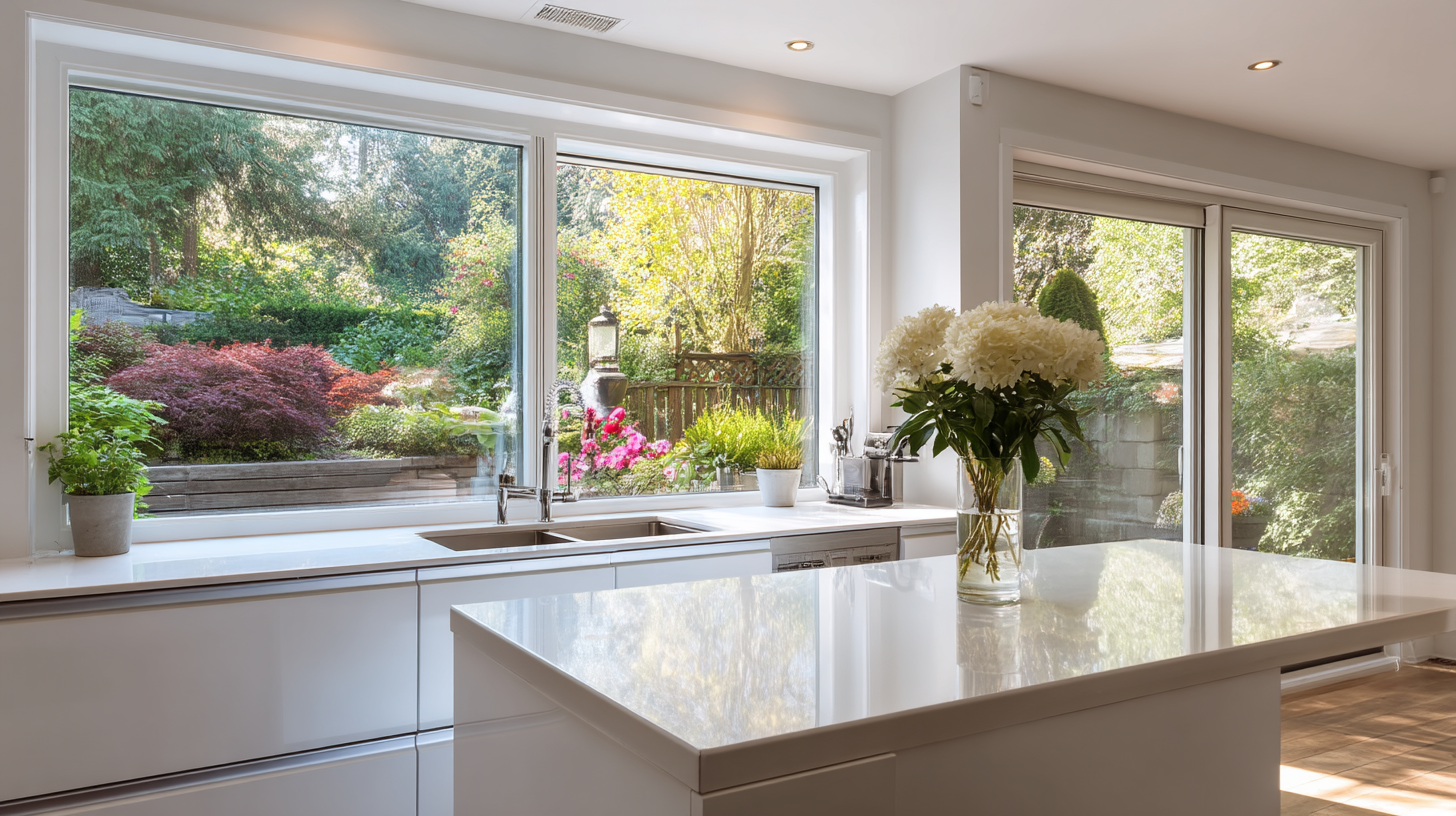
If you’re asking yourself, are vinyl windows good, you’re not alone. Many homeowners worry about choosing the right window materials when replacing old windows or upgrading for better energy efficiency. With rising energy bills and energy costs, increasing material costs, and pressure to improve resale value, the decision can feel overwhelming.
In this article, we break down everything you need to know about vinyl windows, from the pros and cons to how they compare to wood windows, aluminum windows, and other materials. Whether you’re planning a home window and doors project in Rocklin, Sacramento, or the Bay Area, this guide will help you make an informed decision that benefits both your comfort and your wallet.
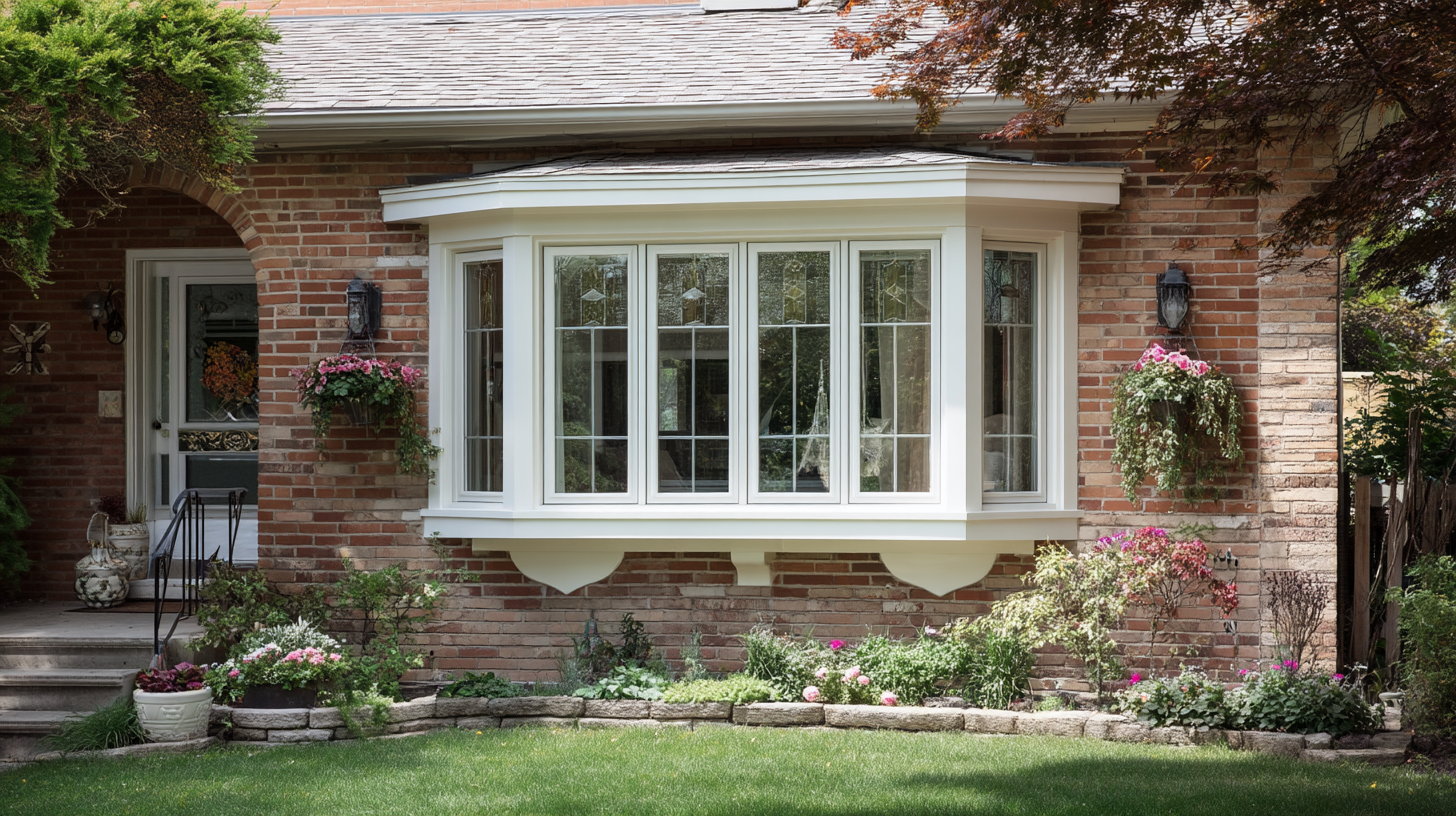
Vinyl windows are made from polyvinyl chloride (PVC), a type of plastic that offers strong durability, insulation, and affordability. Unlike wood or aluminum, vinyl doesn’t rot, corrode, or require repainting. Thanks to its low-maintenance nature and solid performance, vinyl has become one of the most popular window materials in the United States, attracting many human visitors who prioritize energy efficiency and ease of upkeep.
Today’s quality vinyl options feature multi-chamber frames, fusion-welded corners, and advanced glazing packages that include low E glass and gas-filled panes. These features help reduce heat transfer, improving both comfort and energy efficiency inside your home while lowering your overall energy costs.
One of the biggest benefits homeowners enjoy with vinyl windows is cost. Compared to wood windows, fiberglass, or composite, vinyl is significantly more affordable in both material and labor. If you’re looking to save money without sacrificing performance, vinyl is a smart option.
Vinyl window frames naturally resist temperature changes, helping your home stay warm in winter and cool in summer. When paired with low E coatings, gas-filled panes, and proper installation, they become highly energy efficient windows. This added insulation can reduce energy bills and improve indoor comfort, making a real difference in your monthly energy costs.
Vinyl is a low maintenance material that never needs to be painted, stained, or sealed. A quick wipe with soap and water keeps your windows looking new. Unlike wood, vinyl doesn’t absorb moisture, so you don’t have to worry about rot or mildew over time.
Because vinyl is lightweight and widely available, installation tends to be quicker and more cost-effective than other materials. That makes it ideal when you’re replacing old windows or working on a tight project timeline.
Many homeowners are surprised to learn that vinyl windows can help reduce outside noise. Insulated frames and glass packages help block sound, making your home quieter and more comfortable, especially in urban or high-traffic areas.
With proper design and UV stabilizers, quality vinyl can resist extreme heat, direct sunlight, and cold climates without warping or fading. Just make sure to avoid lower-end products that lack proper structural reinforcements.
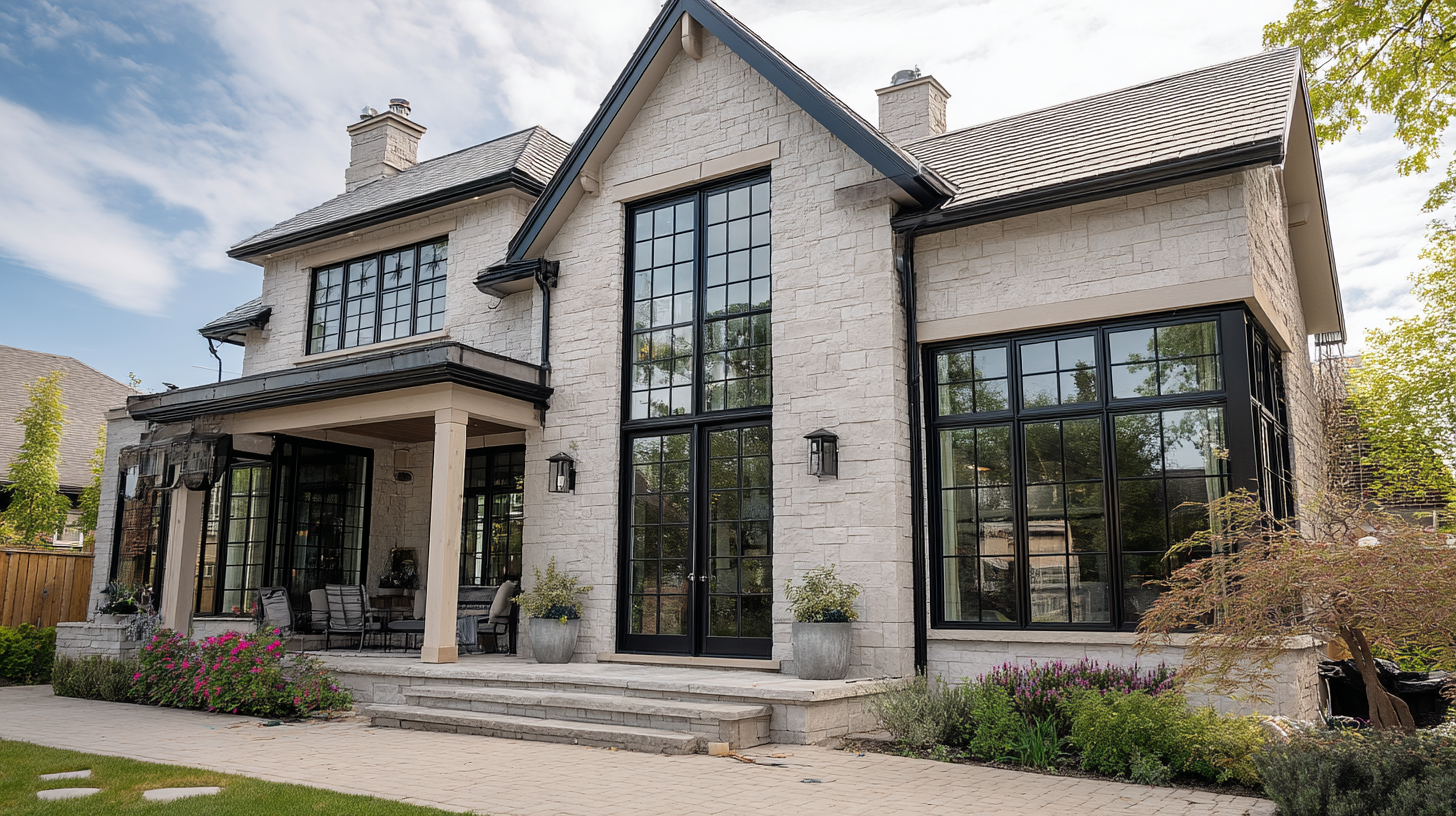
Compared to wood windows, vinyl has fewer color and finish options. You can’t paint vinyl, so once you choose a style, you’re locked into it. That can be limiting if you plan to change your home’s exterior in the future.
While vinyl windows can last 20–30 years, some wood or composite alternatives offer longer lifespans. If you’re planning to stay in your house long-term or want to invest in the highest quality, consider all options.
Some low-end vinyl frames can warp in extreme temperatures or fade in harsh sunlight. Be sure to choose quality vinyl with UV resistance and certified performance for California’s climate.
While vinyl is recyclable, it’s still made from synthetic plastic (PVC), which has environmental implications during manufacturing and disposal. This matters if eco-friendliness is a top priority for you or potential buyers.
If a vinyl frame cracks or breaks, repairs aren’t as easy as with wood. Often, the entire window needs to be replaced rather than repaired.
Here’s a side-by-side comparison of vinyl windows and other popular frame options:
| Material | Cost | Maintenance | Energy Efficiency | Lifespan | Style |
|---|---|---|---|---|---|
| Vinyl | Low | Low | High | 20–30 years | Basic-Modern |
| Wood | High | High | Excellent | 30–50+ years | Premium |
| Aluminum | Moderate | Low | Low (unless enhanced) | 30+ years | Sleek |
| Composite | High | Low | High | 40–50 years | Premium |
As you can see, vinyl windows dominate when it comes to price and energy efficiency, but wood windows and composite offer greater customization and longevity for the right budget. Understanding the difference between these materials helps you weigh the benefits and limitations to find the best fit for your home.
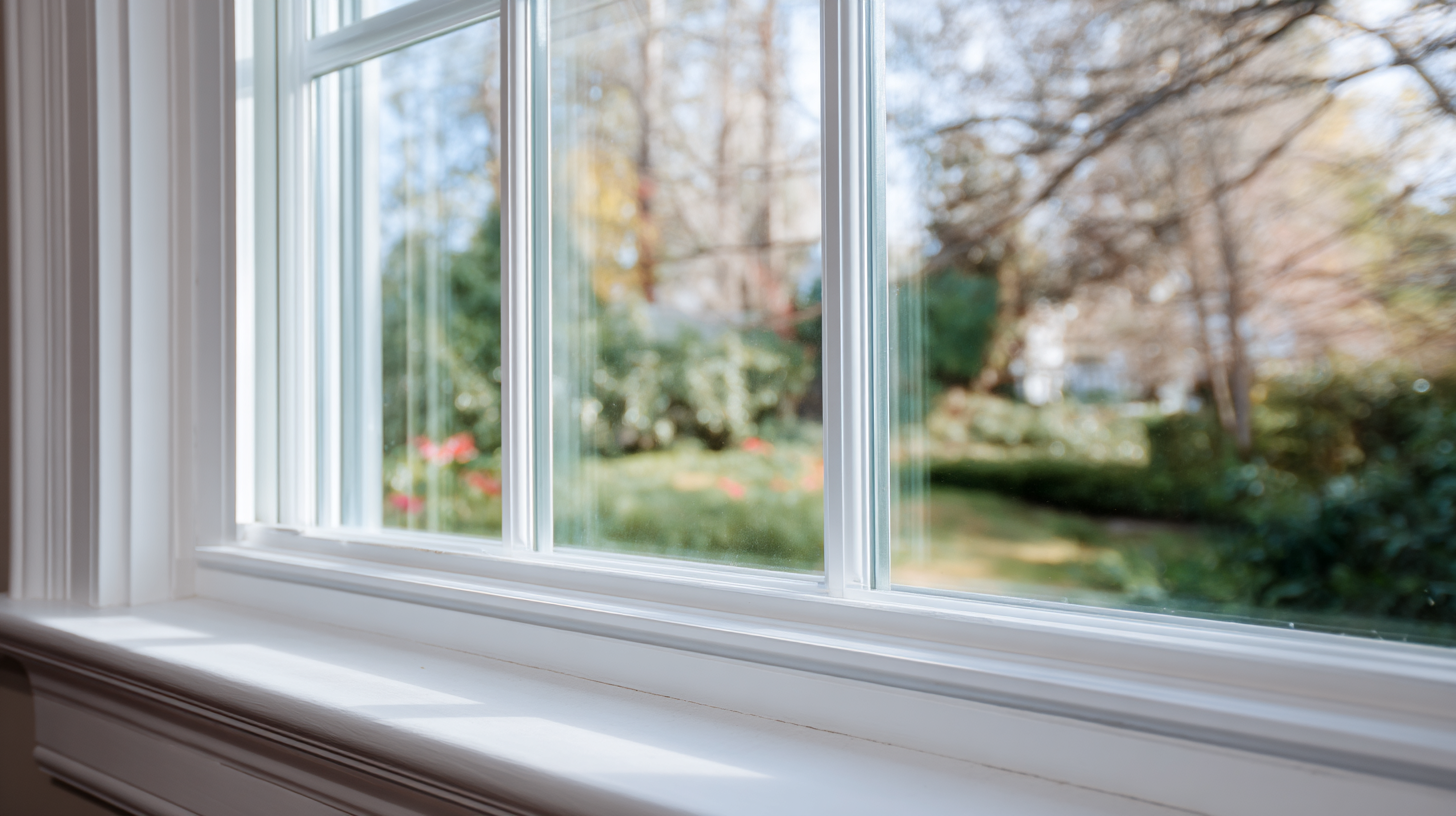
If your top concern is energy efficiency, vinyl delivers. Features like:
Create extra insulation to lower your heating and cooling needs. That means more comfort in every season and real savings on your monthly energy bills and overall energy costs.
Many window companies now focus on ENERGY STAR®-rated products to help homeowners meet state energy codes and even qualify for rebates.
In climates like Rocklin or Sacramento, summers bring extreme heat while winters dip into cooler temperatures. High-quality vinyl windows are engineered to resist warping, expansion, and color fading under these conditions.
However, in south-facing exposures with prolonged sun, low-quality vinyl frames may warp over time. That’s why it’s essential to work with experienced window companies that install proven products designed to withstand fire risks and other environmental challenges.
Yes. Upgrading to vinyl windows can significantly improve your home’s curb appeal, comfort, and resale value. According to industry studies, vinyl window replacement offers a 67–70% ROI at resale.
Potential buyers often prioritize energy efficient upgrades, low maintenance, and newer windows that reduce energy bills. Vinyl ticks all those boxes and offers benefits that many homeowners look for when considering home improvements.
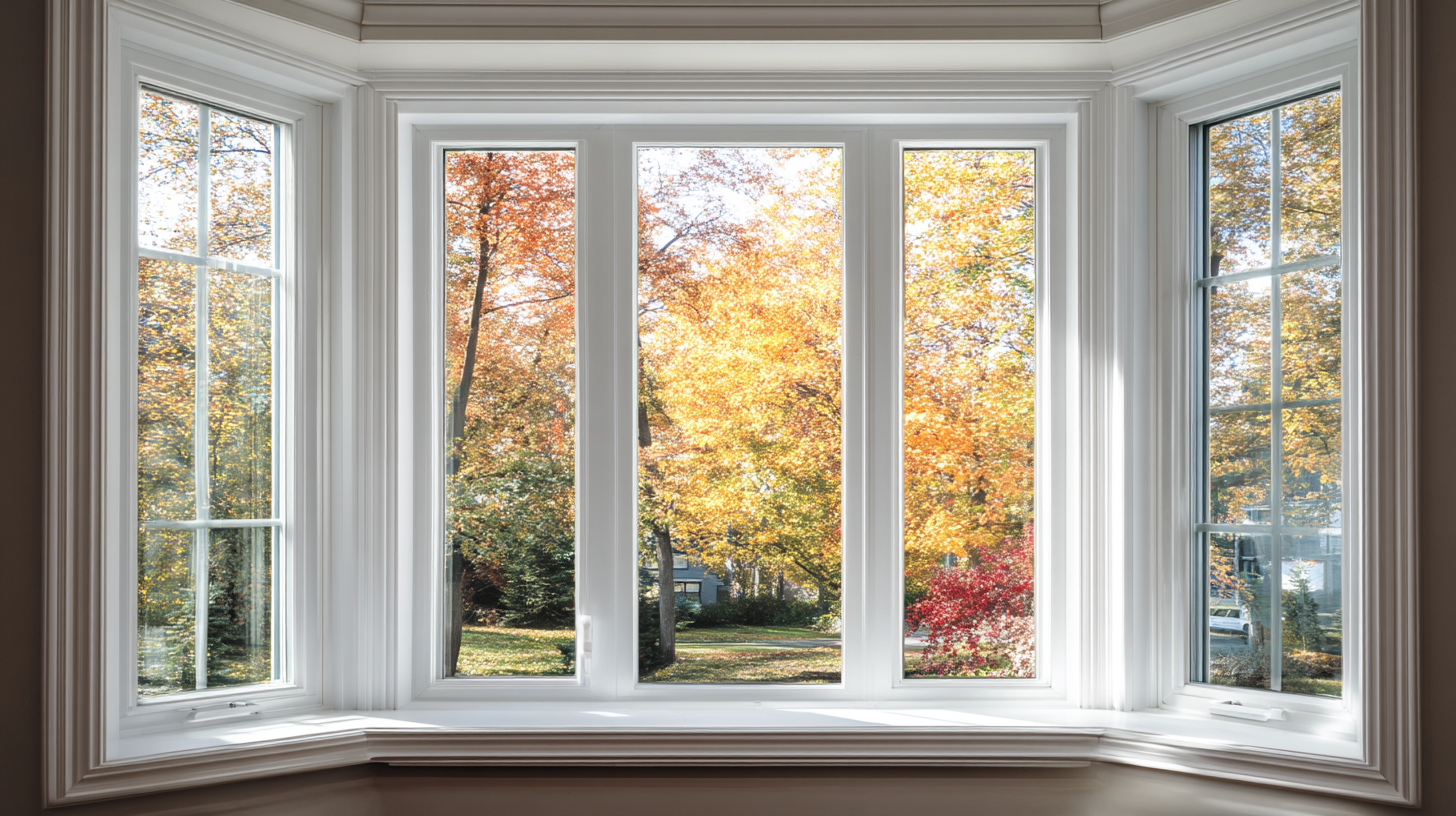
Here’s what to look for when shopping for vinyl windows:
And always insist on professional installation. Even the best windows can underperform if they’re not installed correctly.
Many homeowners ask about durability, energy efficiency, maintenance, and how vinyl compares to wood or aluminum. Here are answers to some of the most common questions:
Vinyl performs better in terms of cost and energy efficiency, while wood excels in appearance and customization. It depends on your goals.
With proper care and professional installation, vinyl windows can last 20 to 30 years or more.
Yes. With low E coatings, insulated glass, and tight seals, they’re among the most energy efficient windows available.
No. Unlike wood, vinyl cannot be repainted. Choose a color and style you’re happy with long-term.
Aluminum is stronger structurally but lacks insulation. Unless you opt for thermally broken aluminum windows, vinyl is better for energy efficiency and comfort.
So, are vinyl windows good? Absolutely, for many homeowners, they offer the perfect combination of cost, performance, and energy efficiency. They’re low maintenance, durable, and widely available in styles to suit most homes. That said, they may not be the best choice if you want ultra-premium customization or a long-term investment for a luxury property. In those cases, wood, composite, or fiberglass may be worth exploring.
Still, for most projects, especially here in California, vinyl windows are a smart, practical upgrade that can boost comfort, curb appeal, and overall value. Ready to upgrade your home windows and doors? Trust the certified team at Pro Superior Construction to install high-quality vinyl windows with precision, transparency, and long-lasting results.
Contact us for a free estimate and let’s make your home more comfortable, efficient, and beautiful, one window at a time.